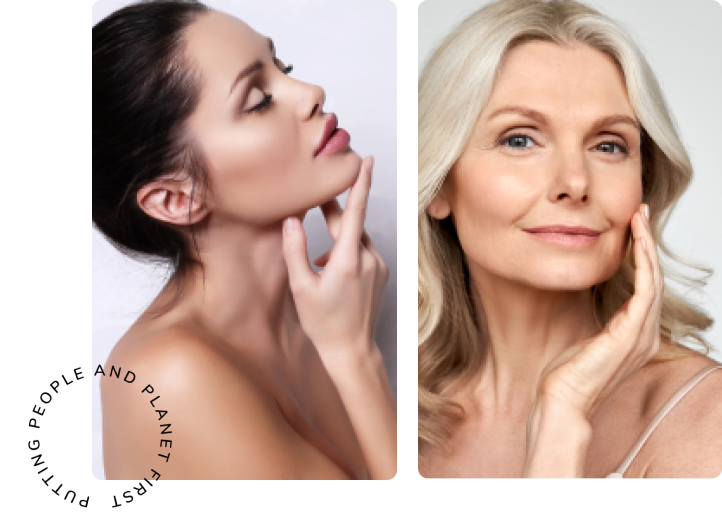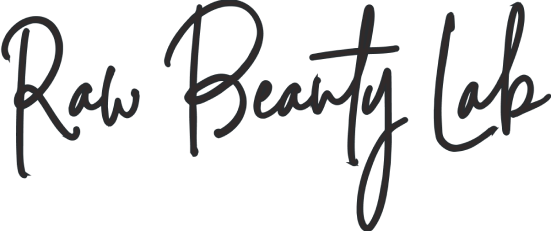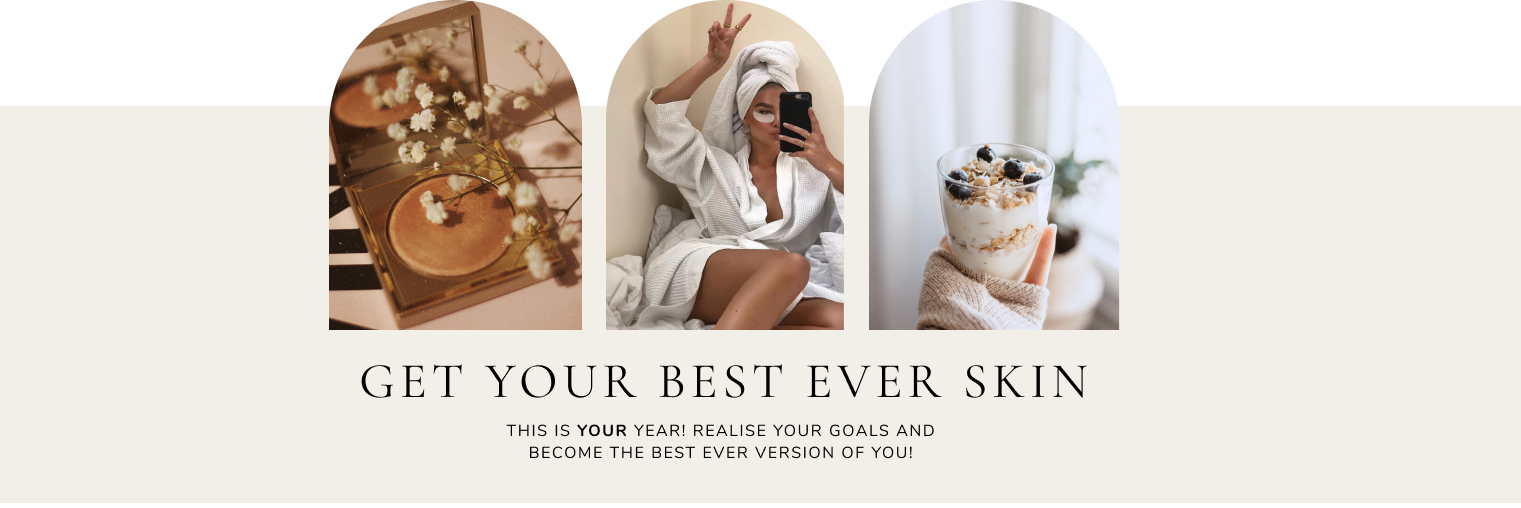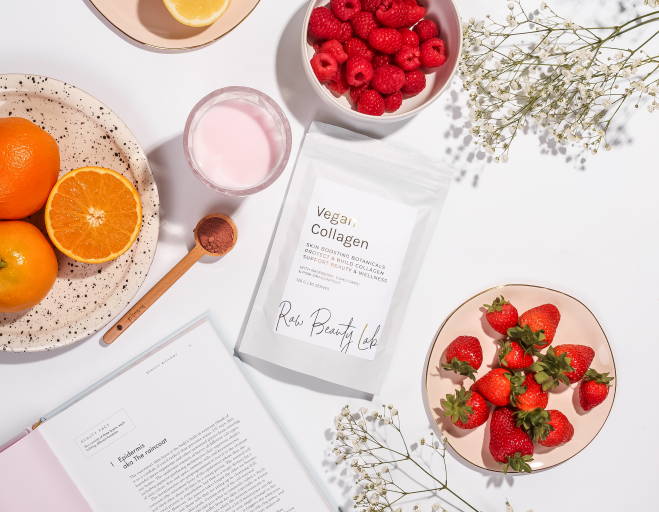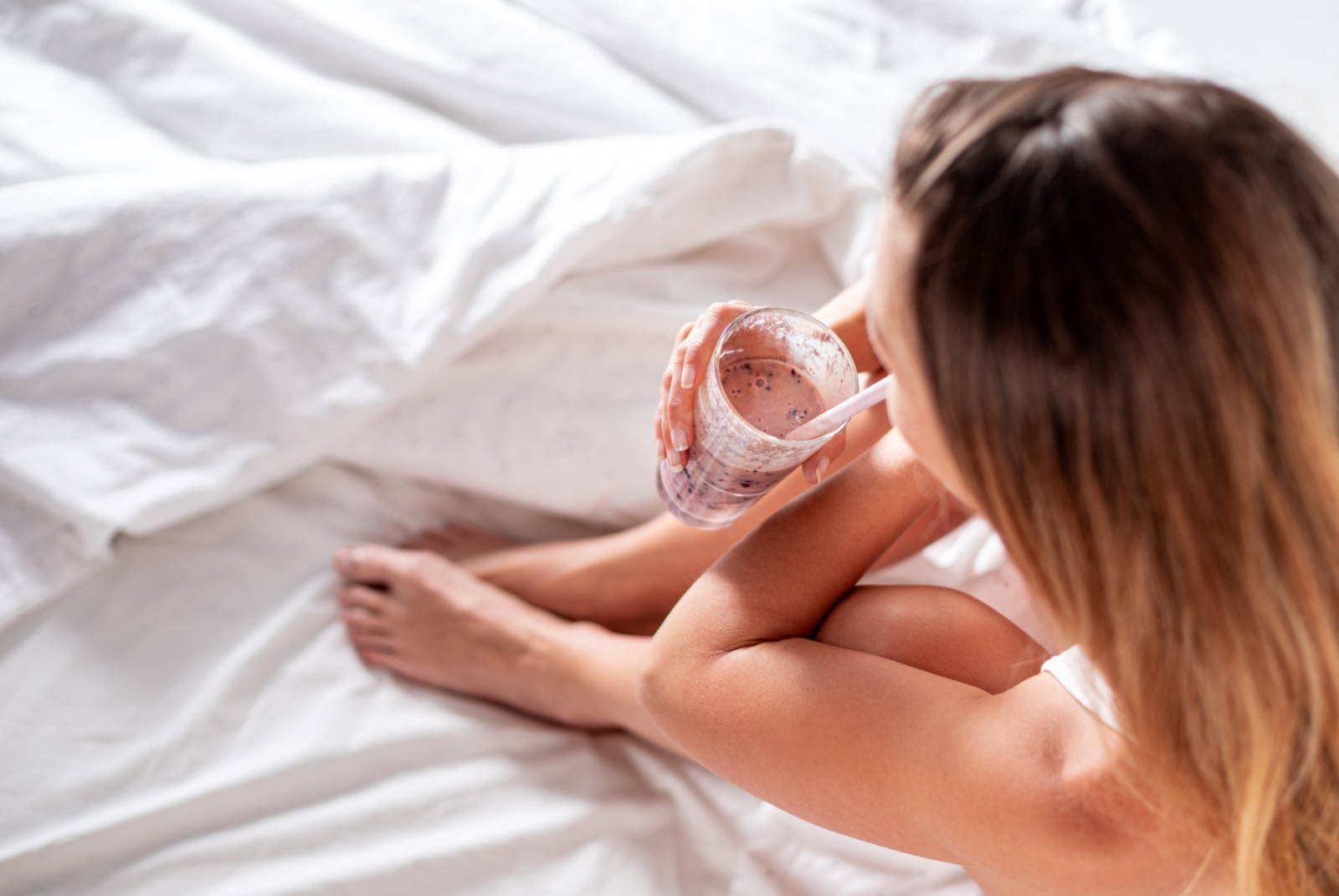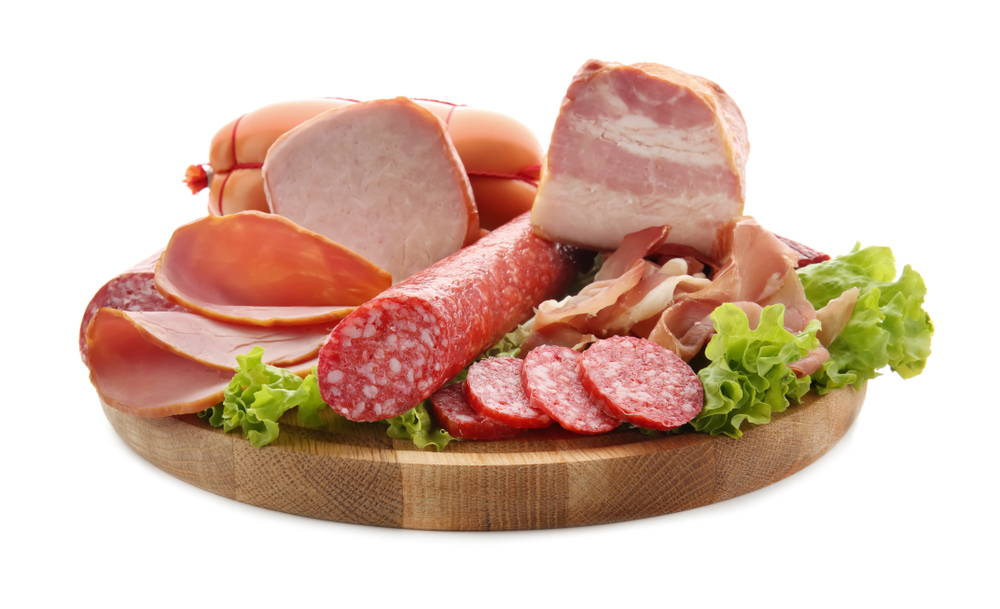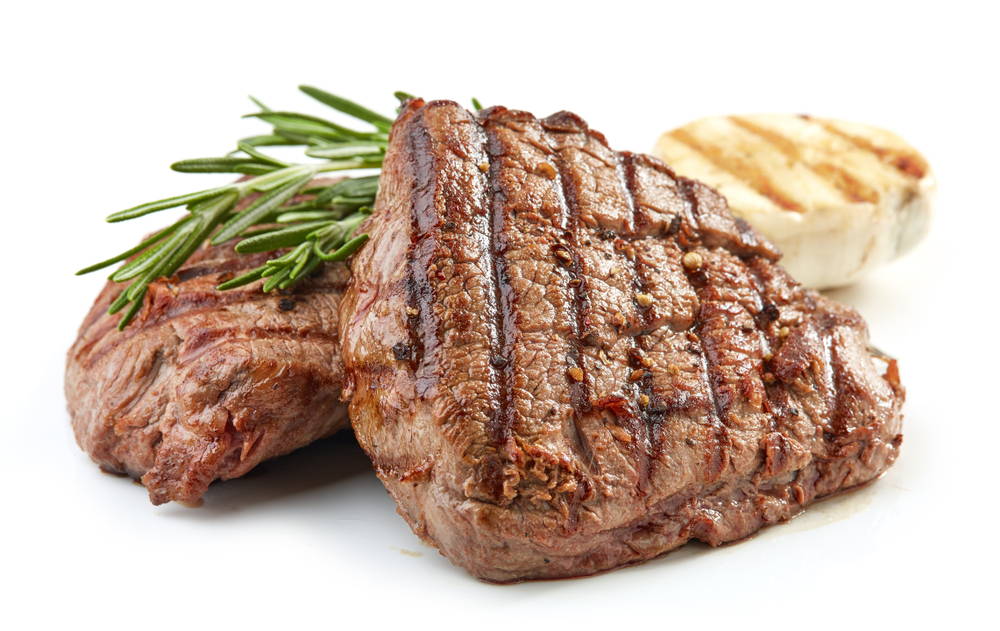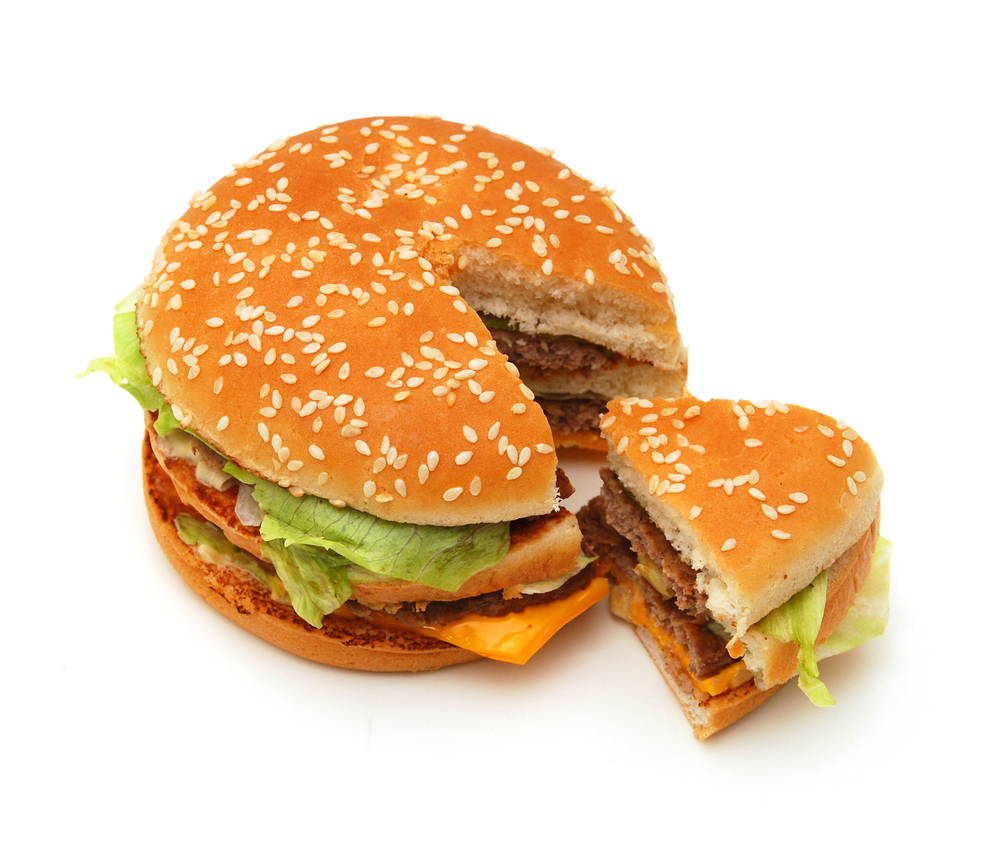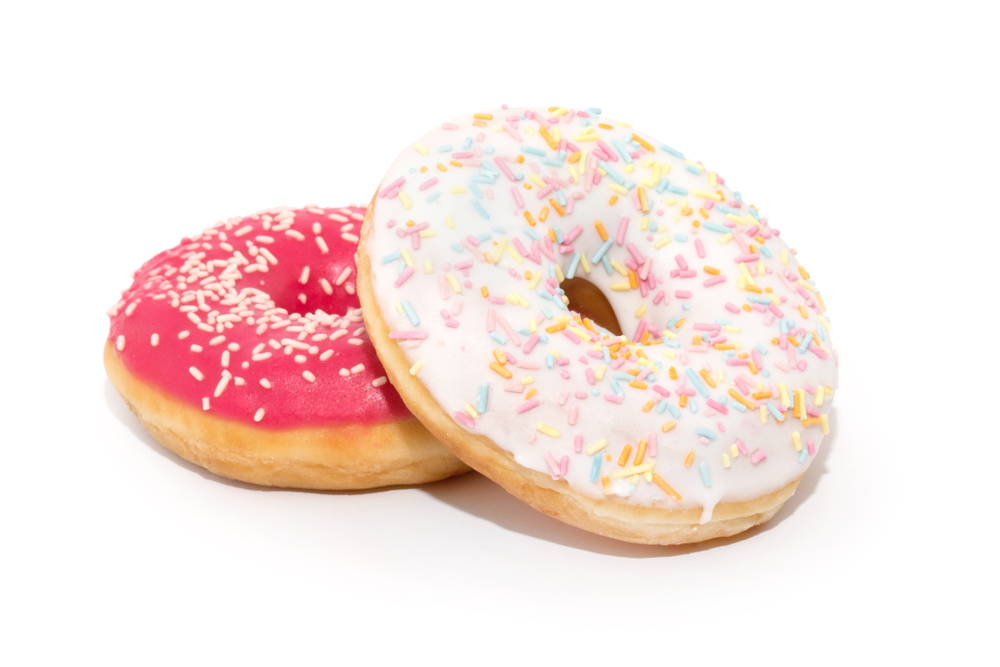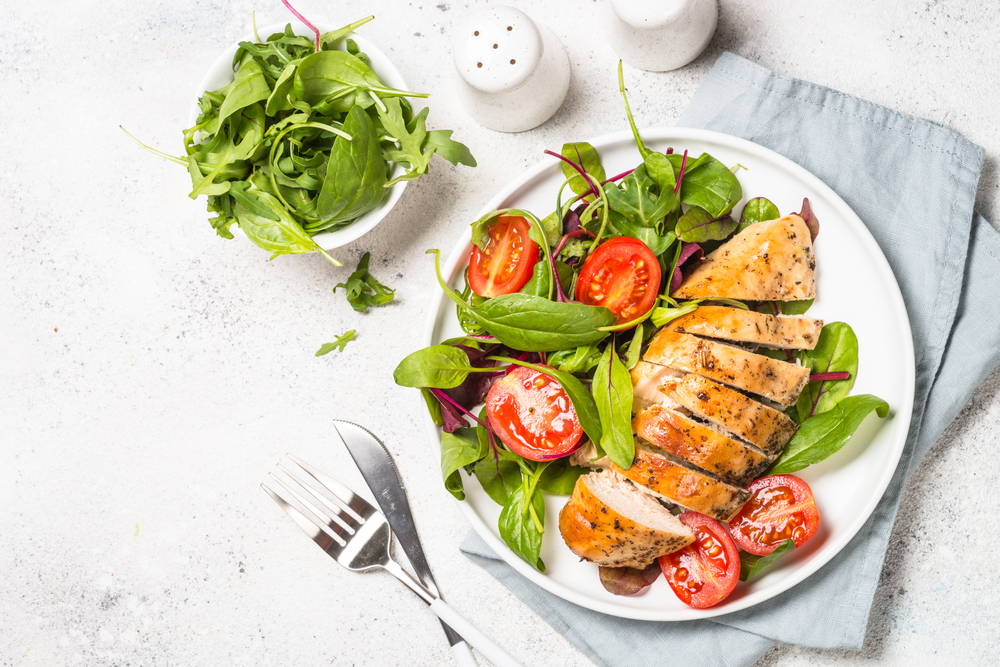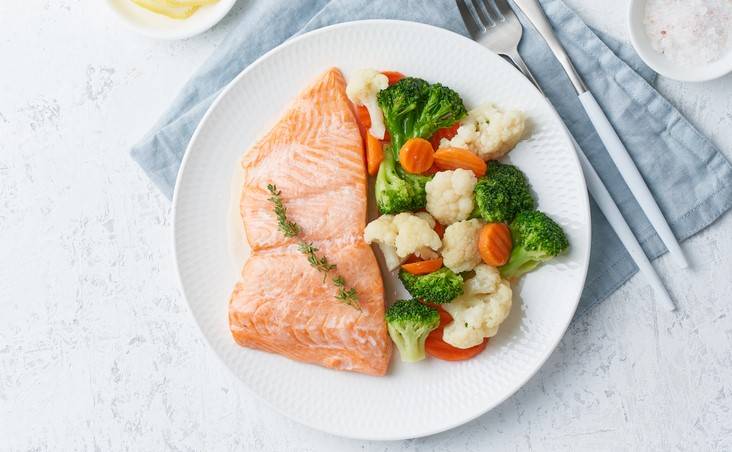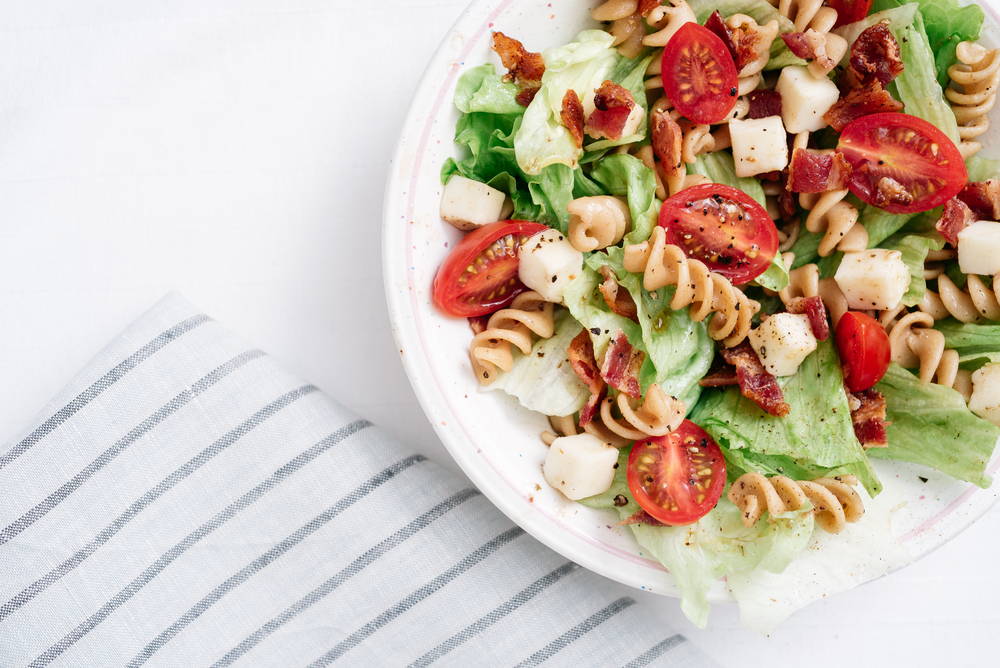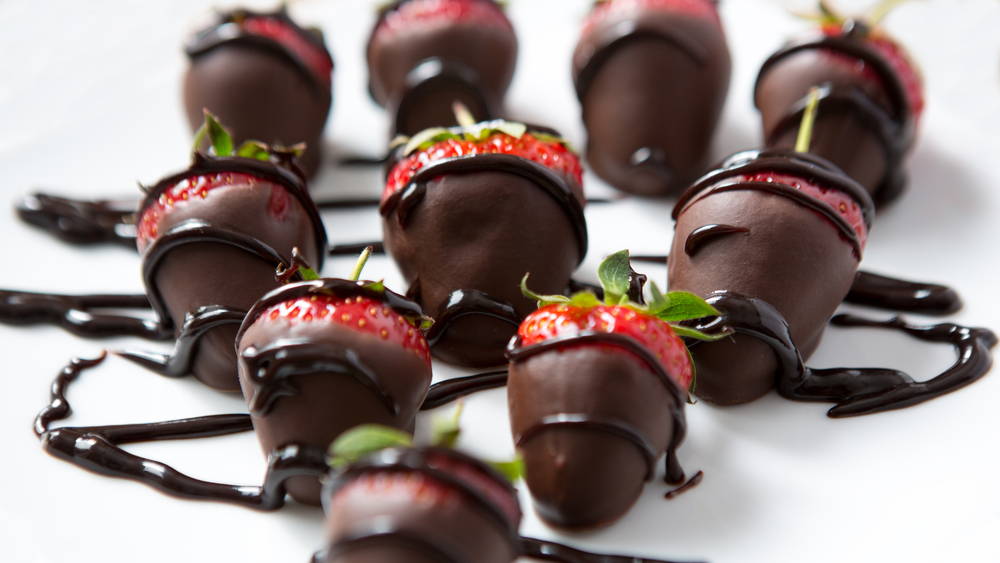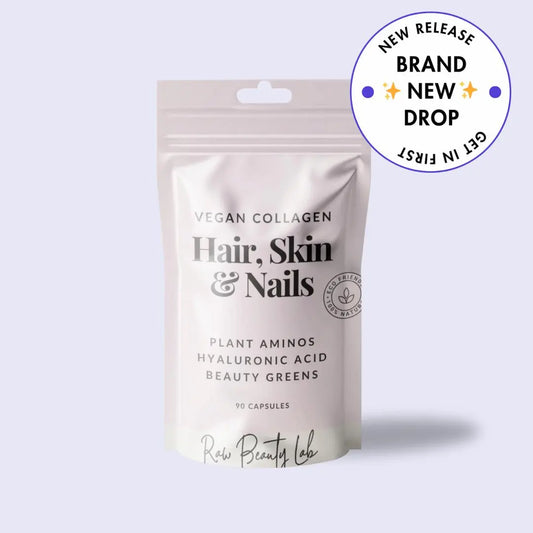Getting Your Best Ever Skin
(No matter what your age)
You've probably set goals for yourself or started various programs in the past, but seen very little in the way of results. Whilst we may be good at setting goals, most of us are pretty bad at the follow-through and staying consistent enough for long enough to actually get close to our target.
This program will help you to get more radiant, youthful and glowy skin but to get there, you will need to make changes to both your diet and lifestyle. Together these two levers will have a far greater impact on the quality of your skin than topical skincare ever can. However, without consistent effort, you're not likely to see consistent results. Step 1 is all about ensuring you have the right mindset for success and it starts with making a promise to yourself.
1. Make a promise to yourself
It’s all well and good to set a goal, but it’s so important to be working towards a goal for the right reasons. The more purposeful your goal is, the easier it will be for you to stay focused and committed. Have a think about the deeper reason you want to get your best ever skin - is it so that you have more confidence in the skin you're in, is it because you're interested in being as healthy as possible or is there another reason?
It may not seem like it now, but when it’s 9pm on a cold Friday night and you’re craving a piping hot chocolate fudge brownie (is your mouth watering too), your why will motivate you to opt for a skin- boosting bowl of dark chocolate covered almonds instead!
2. Make it emotional
The more you can emotionally engage with your goal, the easier it will be to achieve. The emotional intensity that you're able to attach to your goal will help you to stay consistent when you feel like slipping or stopping.
In order to create an emotional state connected to your goals, ask yourself these 3 questions;
1. What would it mean to achieve this goal?
2. How would I feel if I acheieved it?
3. How would it feel if I never achieved this goal?
The more negative emotions you can connect to 3) and the more positive emotions you can connect to 1) and 2), the more likely you are to stay consistent and stay on-track.
3. Share it with others
If you want some extra incentive, we recommend sharing your goals with your friends and family. The more public your goal, the harder it is to slip. Alternatively, if you're looking for a support network, we recommend joining our Facebook Community, Raw Beauties, here: https://www.facebook.com/groups/rawbeauties
